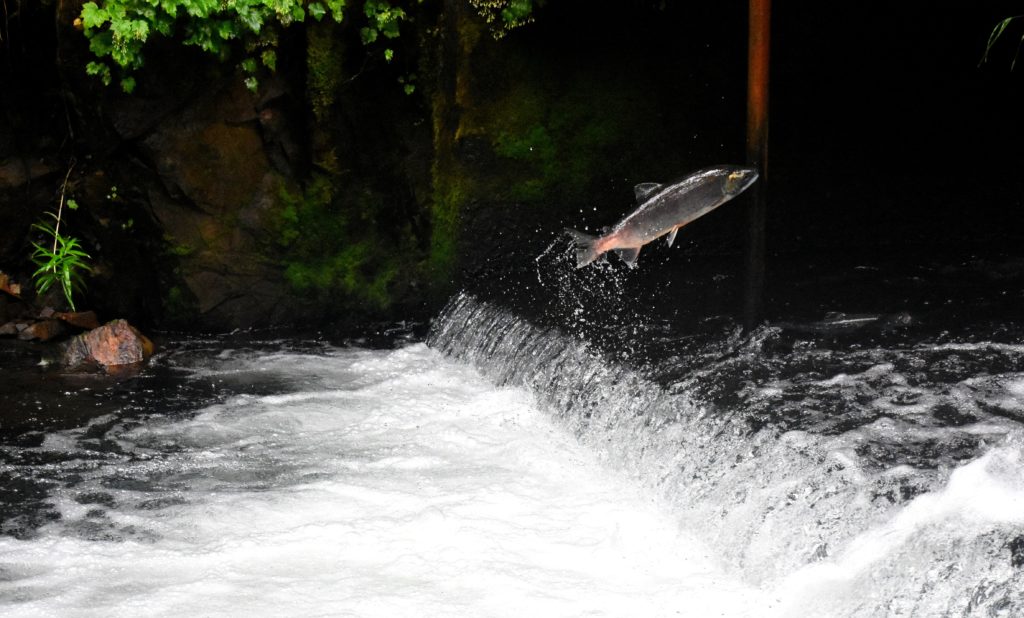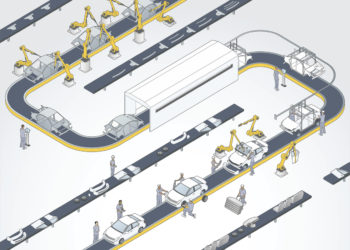Publications, and related artefacts (such as data, images and code), may continue to be the currency of research knowledge exchange, but audiences – both within and beyond academia – increasingly expect more in terms of how, where and when they can access this knowledge, and in what formats. Meanwhile, with funders pushing for greater return on investment and institutions seeking to improve performance, researchers are also under pressure to take a more proactive approach to the communication and dissemination of their work, to ensure stakeholder engagement and accelerated uptake from the earliest stage of a project.
These and other factors necessitate a fresh view of the role / value of publishers in the research workflow; could publishing skills and capacity be re-positioned to serve researchers at earlier stages in the research process, “upstream” of publication?

At this year’s STM Annual Conference, I gave a talk on this topic based on a survey of almost 10,000 researchers’ communications efforts, which looked at the different points in the research cycle when they are communicating, and where they feel they need more support. The talk was given a title along the lines of “skating to where the puck is going”. If (for example) the seeds of Plan S were sown when funders began to introduce requirements and funding around access to research publications, what do today’s funder preferences and requirements tell us about how to prepare for tomorrow? Here is a handful of insights from the project.
The importance of broader communications and impacts
95% of respondents considered that being able to demonstrate broader communications and impacts is important to their future funding and career progression. This is partly driven by funder expectations (64% felt these were changing) but 94% also felt personally motivated to ensure widespread awareness and application of their work. Here are just a few of the 2,000 comments on this topic:
- “Broad communication of my work brings back valuable new contacts, multiplies further communication, and is possibly even a plus for future funding.“
- “Communication of work builds impact and reputation, which funders consider when evaluating proposals.”
- “It is important to show that my research is having a social impact and found useful to the industry.”
- “If research ends with a publication this severely impedes its reach.”
- “Chair renewal requires it.”
Communications now top the list of funder requirements
 The dialogue, and thus the focus of publisher efforts at the moment, continues to be around open access and data sharing – but funders’ focus seems to be moving on to other aspects of communication, with dissemination / impact plans, knowledge exchange / transfer and broader audiences all more commonly required by respondents’ funders than open access and data sharing. This may be an early indicator of emerging opportunities for publishers – helping researchers with knowledge exchange, knowledge transfer, and research commercialization. Furthermore, when I talked through these findings with research managers during a workshop at the Annual Conference of the European Association of Research Managers and Administrators, around half of that group (around 20 of 40 workshop participants) considered that the scale of their institution’s communications support provision was not keeping pace with funder expectations. In a separate discussion, again around half of the group indicated that they considered the level of communications support and guidance available within their institution to be below average or poor. So researchers’ needs in this area are outstripping available support and additional services may be welcomed.
The dialogue, and thus the focus of publisher efforts at the moment, continues to be around open access and data sharing – but funders’ focus seems to be moving on to other aspects of communication, with dissemination / impact plans, knowledge exchange / transfer and broader audiences all more commonly required by respondents’ funders than open access and data sharing. This may be an early indicator of emerging opportunities for publishers – helping researchers with knowledge exchange, knowledge transfer, and research commercialization. Furthermore, when I talked through these findings with research managers during a workshop at the Annual Conference of the European Association of Research Managers and Administrators, around half of that group (around 20 of 40 workshop participants) considered that the scale of their institution’s communications support provision was not keeping pace with funder expectations. In a separate discussion, again around half of the group indicated that they considered the level of communications support and guidance available within their institution to be below average or poor. So researchers’ needs in this area are outstripping available support and additional services may be welcomed.
Alignment between communications needs, timing, budget and publishing workflow
25% of respondents indicated that they are undertaking communications around their work at the end of the project, and 18% are continuing communications after the project has completed. Both these project stages align with the point at which they are likely to be in publishing workflows, representing a ready opportunity to connect them to additional services. The kinds of needs identified by researchers include website development, media engagement, policy briefing and international communication. And there is budget here. We asked how these kinds of support are currently funded, and 67% indicated that they have access to funding for communications activities, including 24% for whom the funder requires specific allocation of funds to communications activities, and 27% of respondents are funding this kind of service for themselves – which shows that researchers have a strong appetite to ensure the most widespread visibility, application and impact of their work.
A white paper with further findings from the project is available for download.
Many thanks to TBI Communications, who undertook the research itself, and to the project’s headline sponsors (Editage, AIP Publishing, De Gruyter, Karger) and contributing sponsors (AIAA, BMJ, Cambridge University Press, The IET, Royal Society of Chemistry and SAGE).


